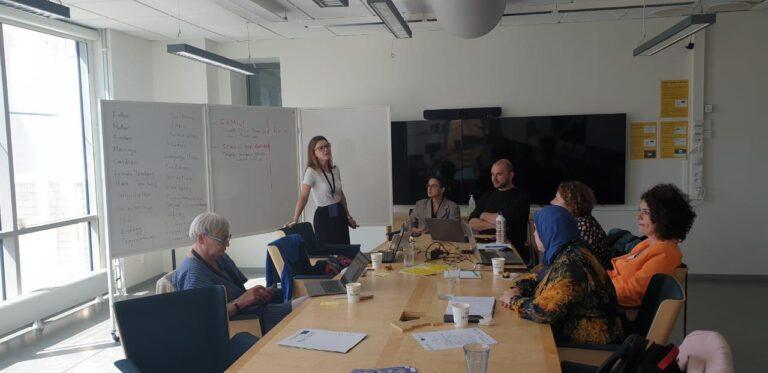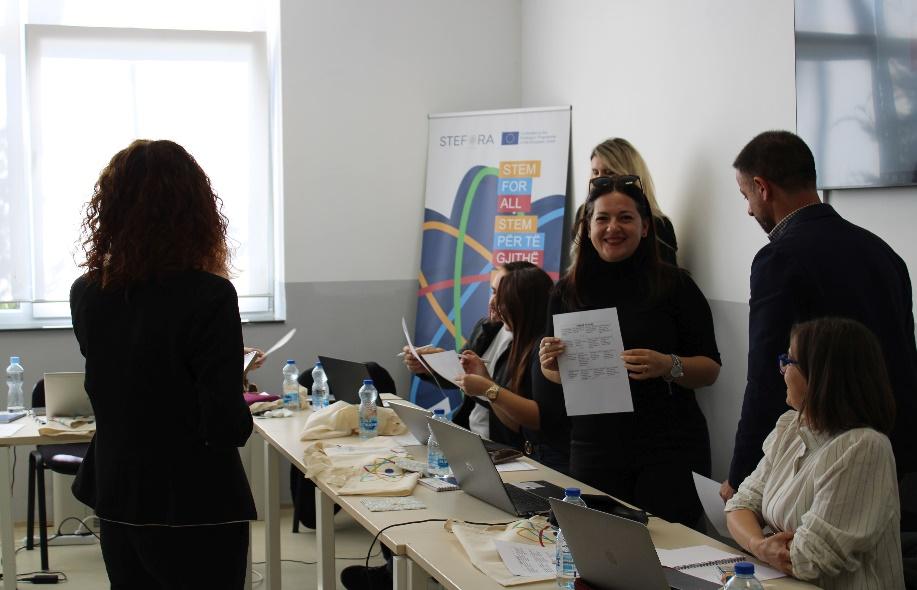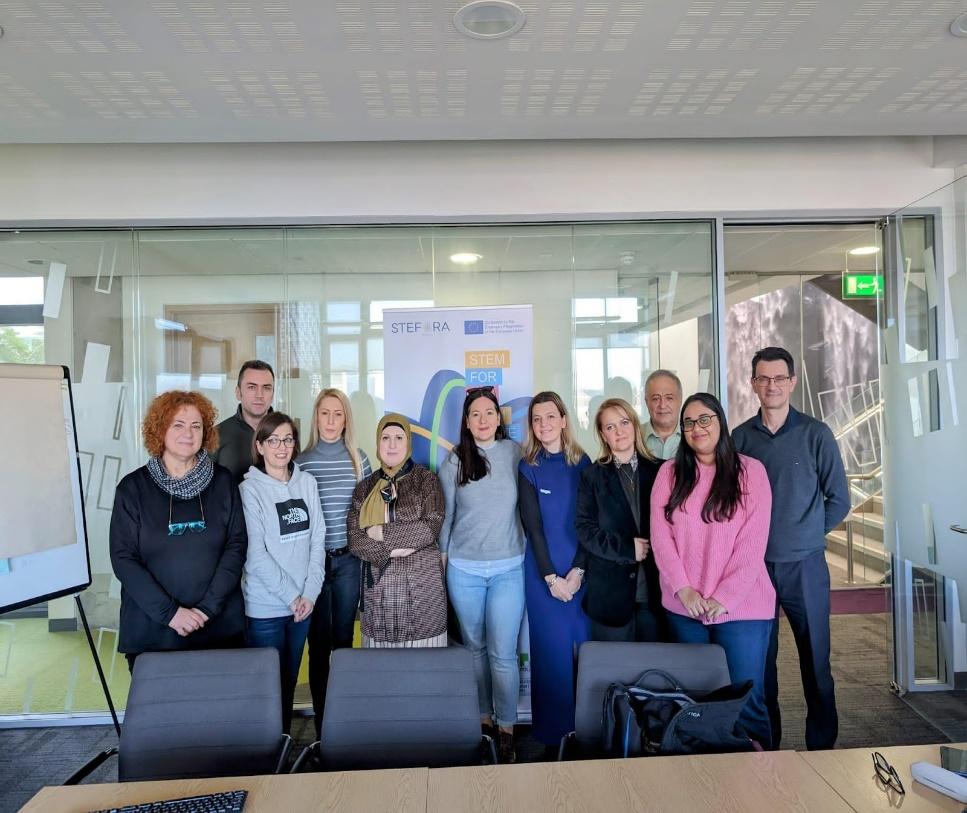STEFORA building STEM inclusive capacities in Kosovo and Albania
Co-funded by the EU and implemented by six partner institutions in Kosovo, Albania, Sweden and Ireland, this project brings into light gender inequalities in STEM education in Kosovo and Albania.
STEM for ALL STEFORA Project is bringing into light gender inequalities in STEM Education in Kosovo and Albania
As part of STEM for ALL STEFORA Project activities, the project teams from partner institutions have collected qualitative data in Kosovo and Albania about women participation in STEM education and careers. The focus of the research was on identifying the challenges prevailing in these fields of studies and providing EU good practices to address these challenges. The data were collected during May 2023 through six (6) workshops with different stakeholders in Kosovo and Albania. The research results show that despite increasing number of women in STEM education in these countries, factors such as prevailing social norms, family, schools, and society expectations play an important role in career choices of young women. These gender inequalities are more pronounced in some traditional male dominated sectors such as mining and energy whereby women still feel discouraged from pursuing these career paths and lack the feeling of belonging into these sectors.

Against this background, the STEFORA expert teams have identified a series of good practices to mitigate social barriers in STEM and to create inclusive and diverse environments in universities in Kosovo and Albania. These best practices are identified within three themes, namely, i) applying norm critical approaches; ii) applying universal design principles; and iii) using the means of digital citizenship; to promote diversity, cultural awareness and to eliminate gender stereotypes in STEM education and careers. Specifically, within theme i), the good practices focus on enrollment and retention policies; faculty development to embrace diversity; and development of gender responsive action plans and strategies. Within theme ii), the good practices focus on creation of inclusive environments through adoption of user-centered approaches and enabling of the development of inclusive design solutions; creation of inclusive content and teaching materials; gender inclusivity trainings; and engagement of the community and foster inclusivity through organization of interactive activities. Within theme iii), the good practices cover the importance of responsible online behavior; digital literacy; creation of professional digital footprint; and digital safety.
To put these good practices into action, the STEFORA Project has developed three education modules, on the topics of digital citizenship, universal design and norm critical approaches. Subsequently, the Project has implemented three (3) advanced trainings of the trainer’s events, and twelve (12) follow-up workshops in the beneficiary institutions in Kosovo and Albania. These trainings and workshops were organized on the topics of digital citizenship; universal design principles; and inclusive pedagogy teaching and gathered 80+ participants among academic and administrative staff from four (4) educational institutions in Kosovo and Albania.


These events have contributed to building of capacities among the beneficiary institutions in Kosovo and Albania and have engaged their academic staff into practical activities, such as reviewing existing curriculums in STEM using the lens of inclusivity and diversity.
The results from the reflection surveys with beneficiaries from the workshops show that the trained faculty and staff have acknowledged the importance of creating teaching strategies which promote equitable access to STEM education. More importantly, the beneficiaries have stated clearly their future intentions to integrate inclusive pedagogy, universal design principles, and digital citizenship lessons into their curricula.


